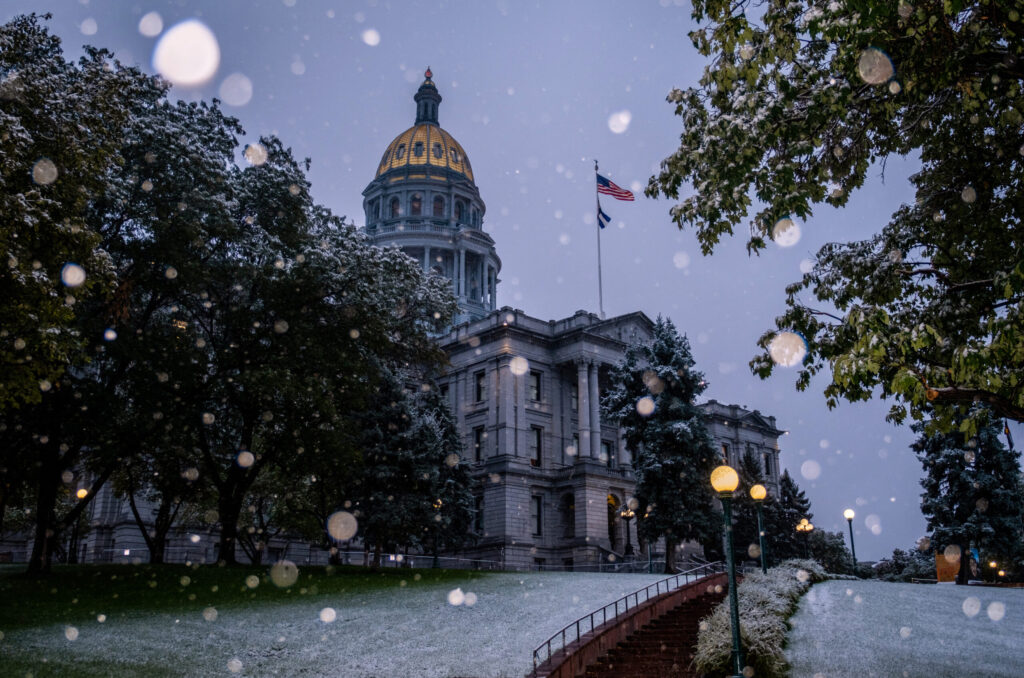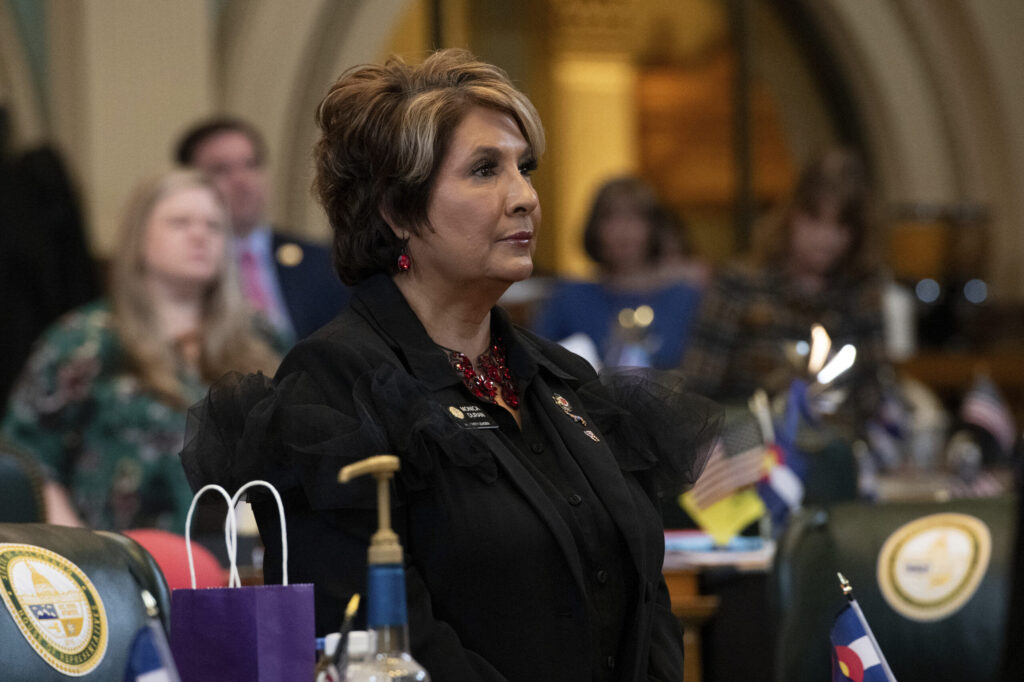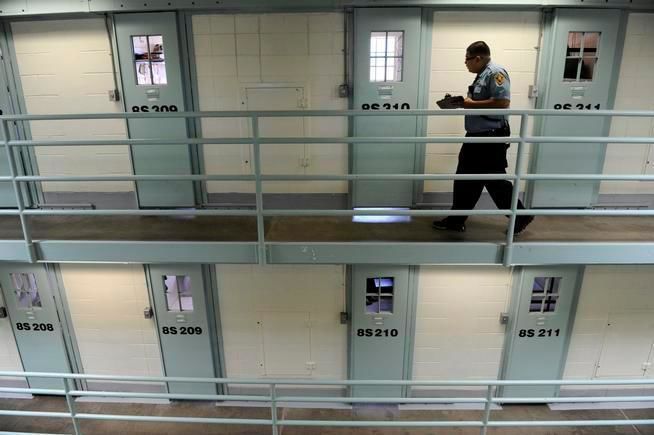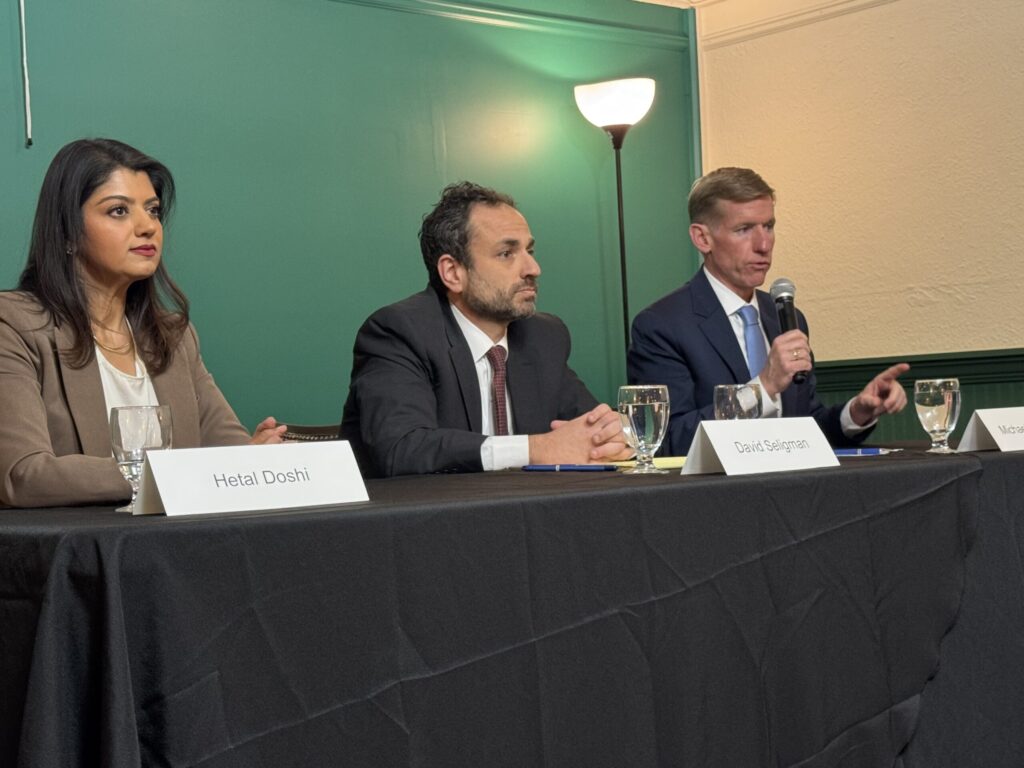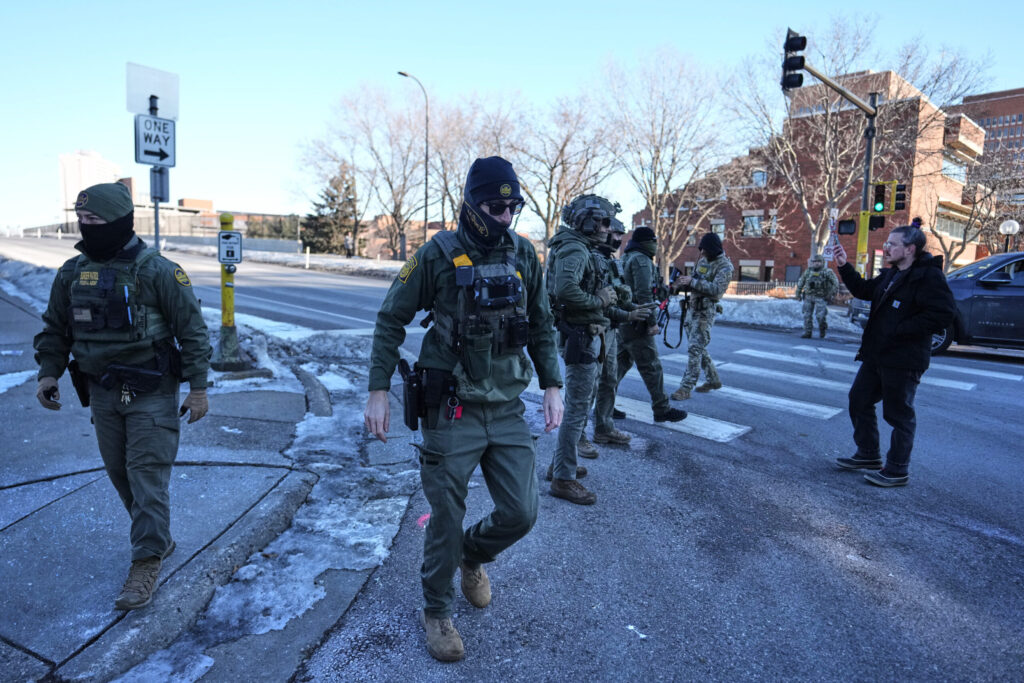Colo. House approves $29 billion state budget bill on bipartisan vote
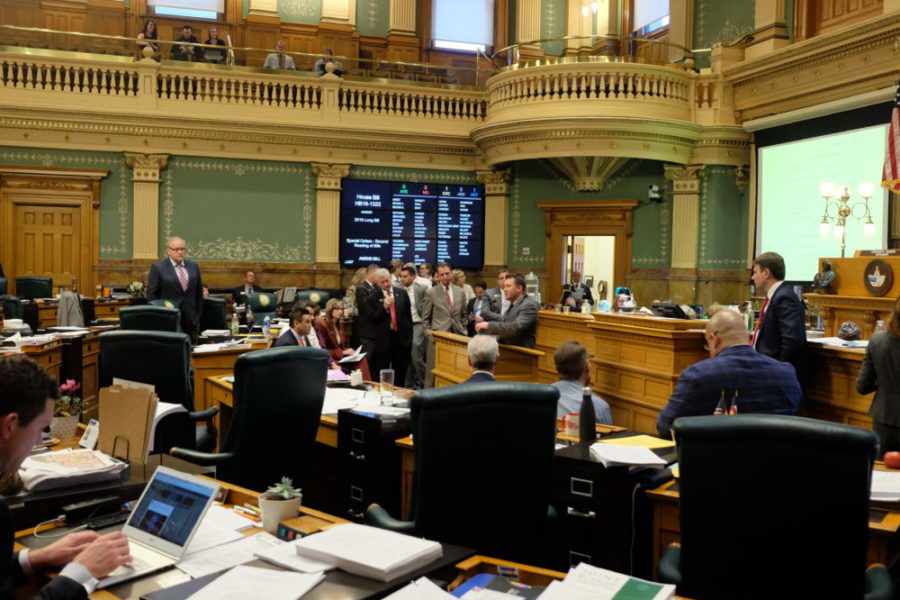
DENVER – The Colorado House of Representatives this morning approved the 2018-19 budget as contained in House Bill 1322 on a 42-22 vote, sending it on to the Senate.
All House Democrats voted in favor of the $28.9 billion measure, along with six Republicans, including state Rep. Bob Rankin of Carbondale, who represents the Republican caucus on the legislature’s Joint Budget Committee (JBC).
Rankin was the only Republican in the House last year to vote for the so-called Long Appropriations Bill, but this year, he had company from fellow Republicans who have voted against it in the past: Reps. Jim Wilson of Salida, Marc Catlin of Montrose, Polly Lawrence of Roxborough Park, Hugh McKean of Loveland and Dan Thurlow of Grand Junction.
Those who voted against the measure included House Minority Leader Patrick Neville of Castle Rock. Also voting no: a slew of Republicans who were successful in amending the bill Wednesday night. They included:
Rankin told Colorado Politics that amendments with bipartisan support stand a good chance of remaining in the long bill. That also would include a $35 million appropriation to hire more school resource officers and to improve school building security, sponsored by Garnett and Republican Rep. Jim Wilson of Salida. In total, the House added 33 out of the 95 proposed amendments to the Long Bill Wednesday night.
The House also approved all the so-called “orbital” bills that go with the long bill to ensure the state budget is balanced.
That included a debate over transportation funding as contained in House Bill 1340 that started Wednesday night and continued into Thursday morning, and over the same issue: “multimodal” transportation projects. Democrats amended House Bill 1340 Wednesday night to direct 15 percent of the $495 million earmarked for transportation to “multimodal transportation options.”
Those options include projects that would help seniors “by making aging in place more feasible,” flexible public transportation services for rural communities and enhanced mobility for those with disabilities. That could include bus and rail and improved sidewalks, for example.
The amount devoted to multimodal is too much, said Republicans, including Becker, who said local communities and officials should have the say in how those dollars are spent.
Another late-night controversy dealt with changes to House Bill 1338, which shores up funding for projects and agency operations for the Department of Natural Resources.
Several divisions within the department, including the Colorado Oil and Gas Conservation Commission and the Colorado Water Conservation Board, rely on severance tax revenue from oil and gas operations for their operations. But there isn’t enough revenue in severance taxes this year to cover those costs, so the Joint Budget Committee fixed it with a $30 million general fund boost.
Democratic Rep. Mike Foote of Longmont, a long-time critic of the COGCC and oil and gas activity in urban areas, won approval for an amendment Wednesday night requiring the Department of Revenue to report on severance tax receipts, the amount of oil and gas production exempt from production revenues, tax credits related to oil and gas production and other tax deductions for the industry.
That drew howls of protest Thursday morning from Republican lawmakers, but they didn’t have the votes to fight the amendment, either on Wednesday night or Thursday.
With the final House votes on the long bill and the 18 measures that go with it, the state budget is now, at least temporarily, out of whack by around $63.2 million, compared to the long bill version as it was introduced in the House on Monday, according to JBC staff.
There is a surplus that can handle some, but not all of those changes. The surplus available to cover those changes is at $40.8 million according to JBC documents.
That’s a bit of a problem, at least until next week, when the long bill and the orbitals hit the Senate. The bills will first go to the Senate Appropriations Committee, which is expected to strip out some and maybe all of those amendments. And the process will start all over again.



